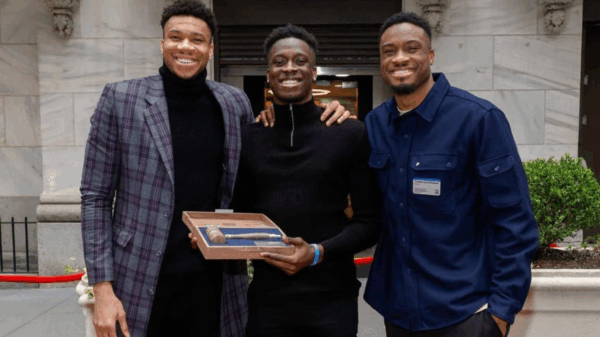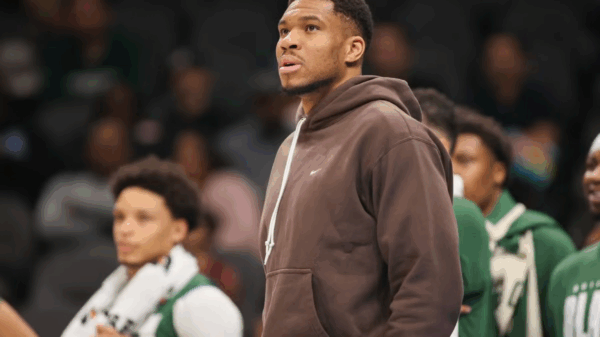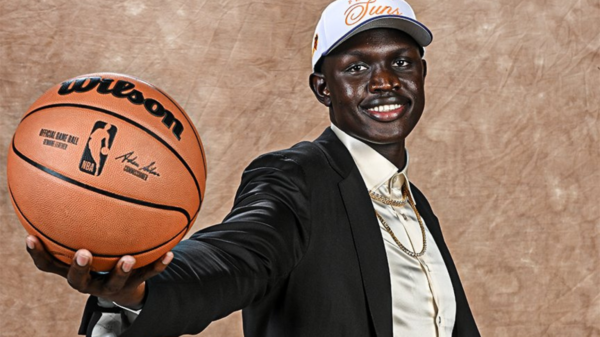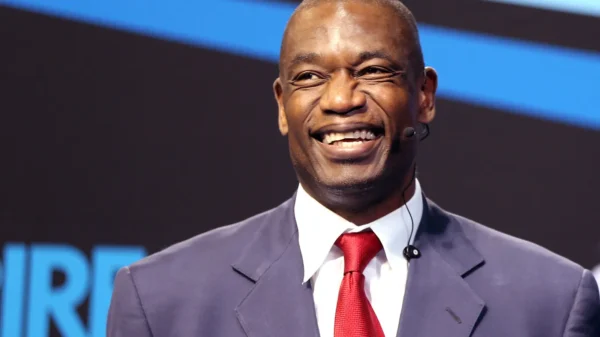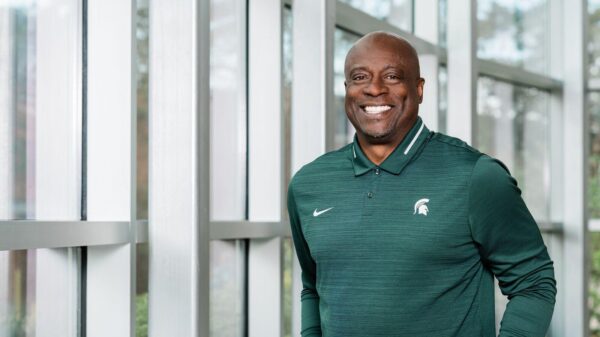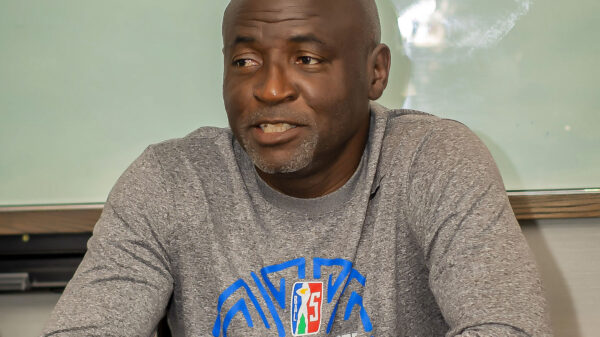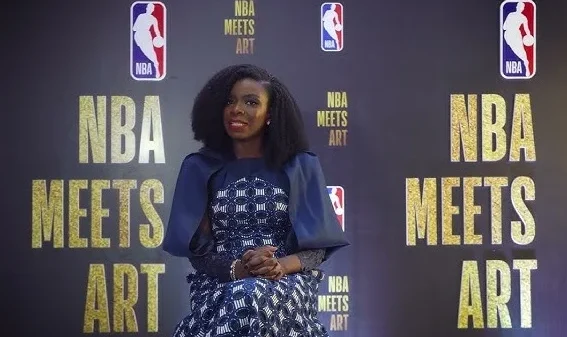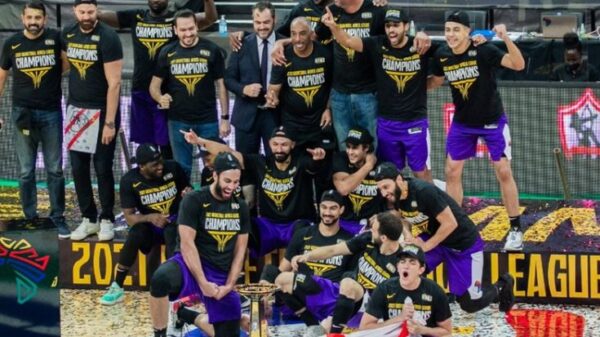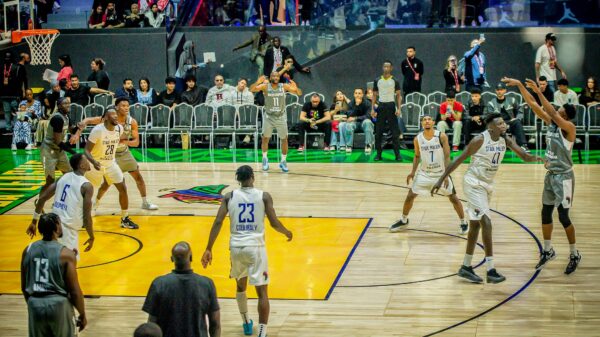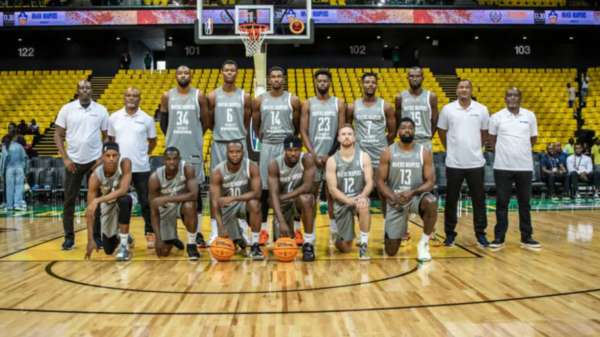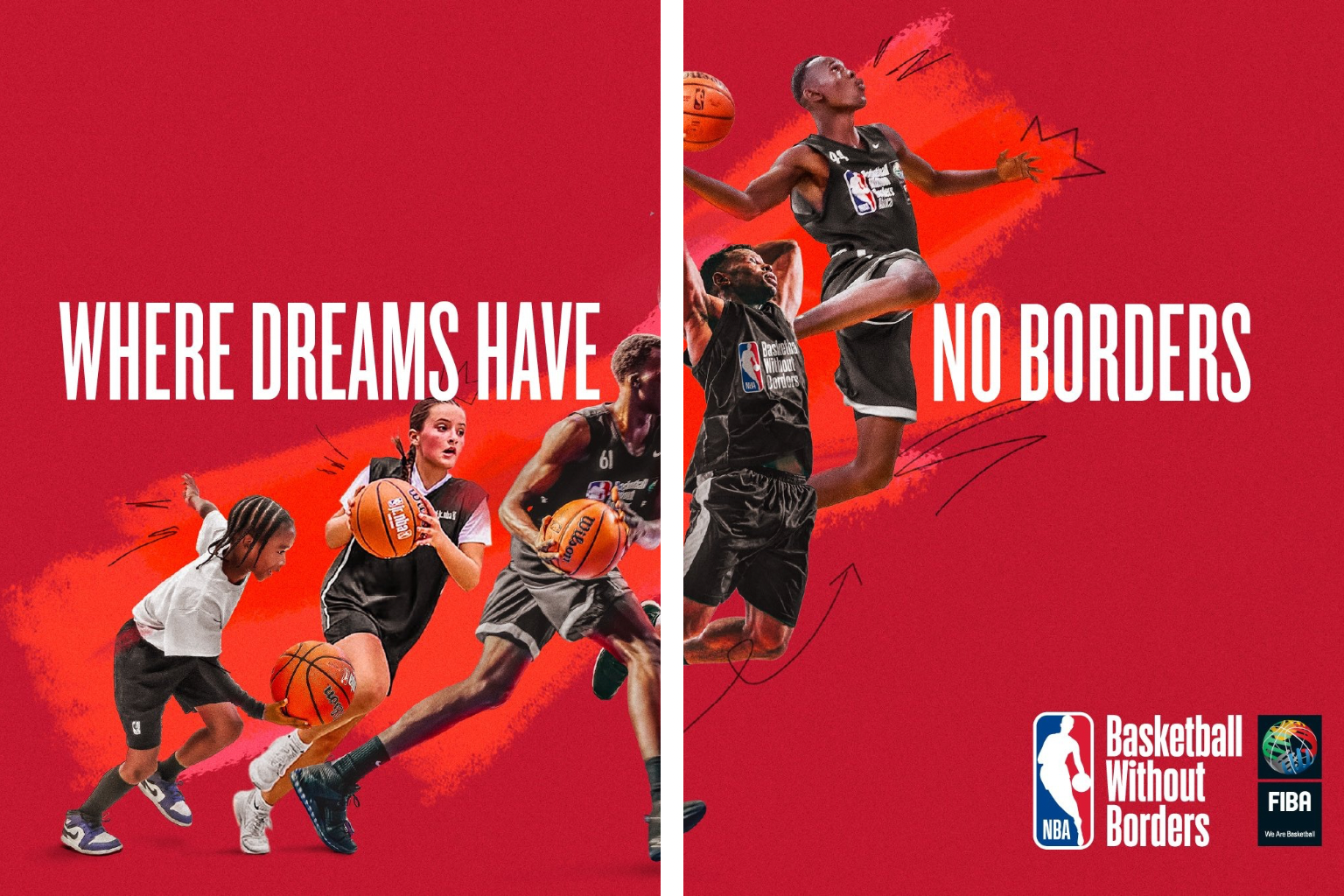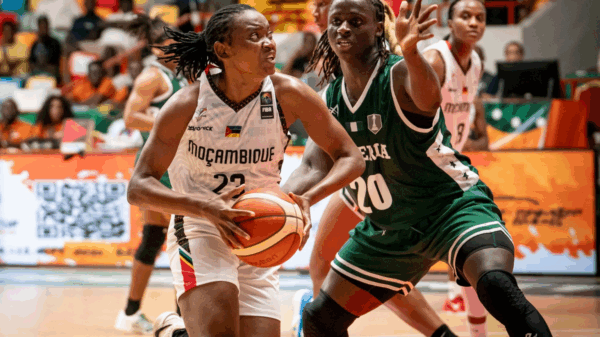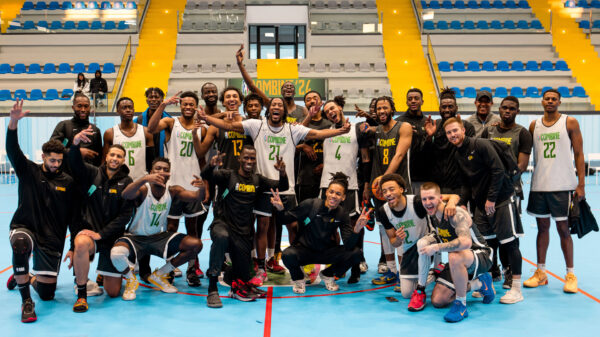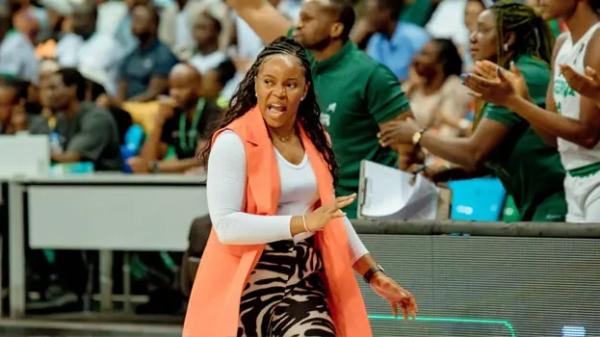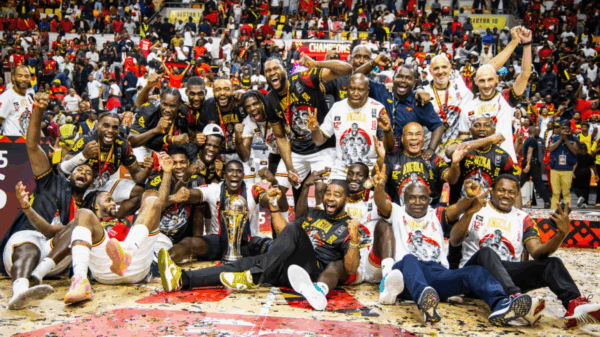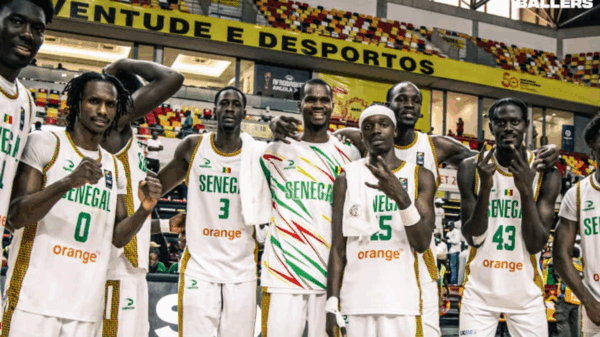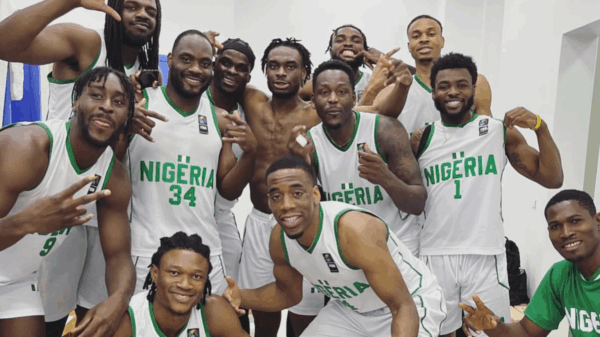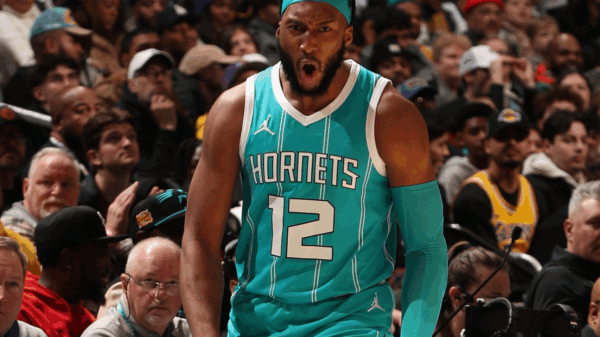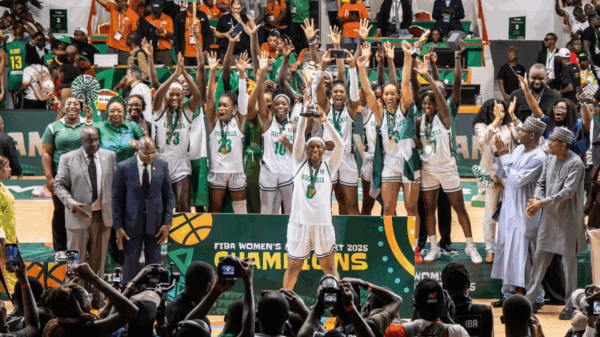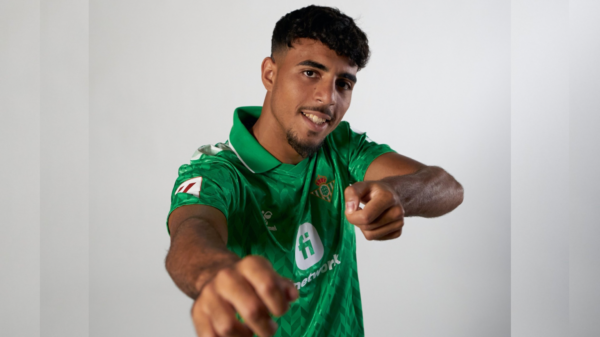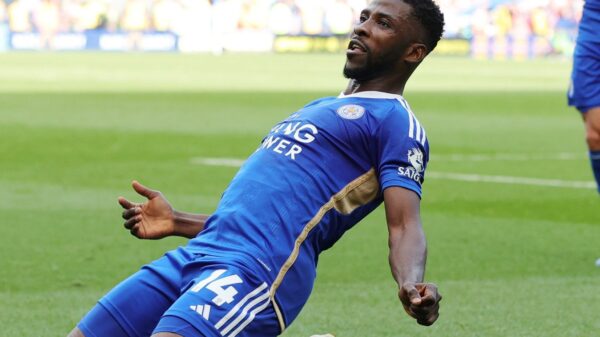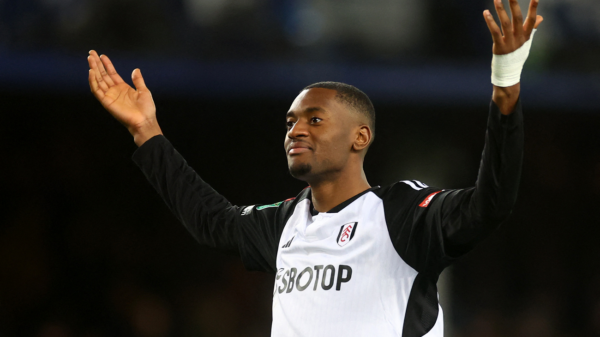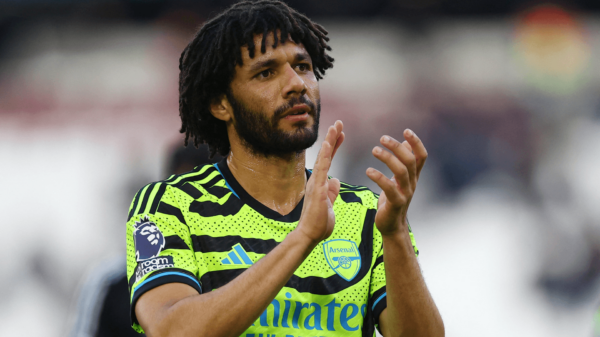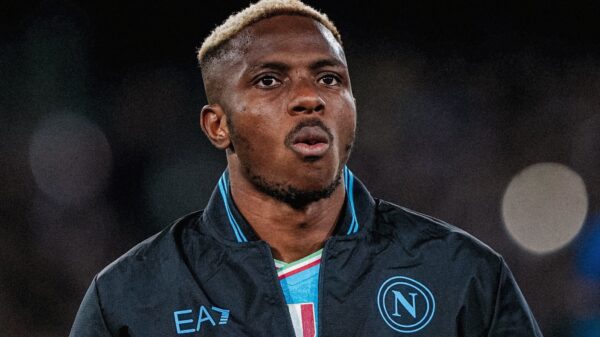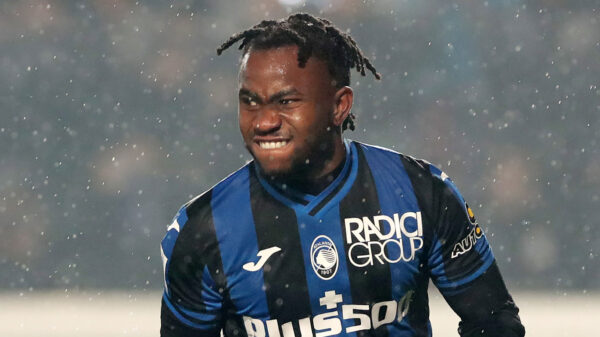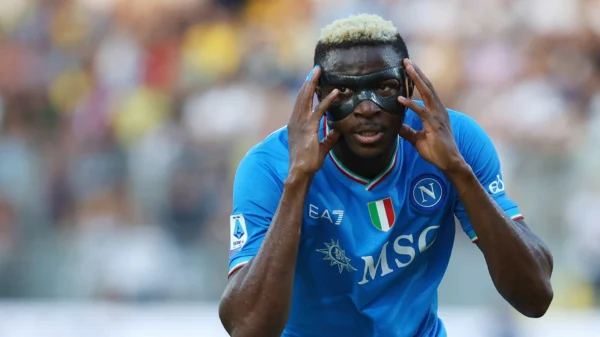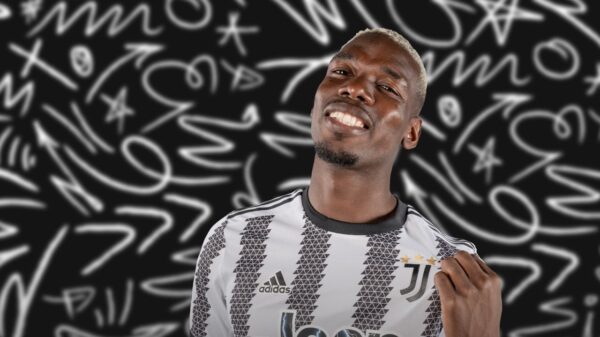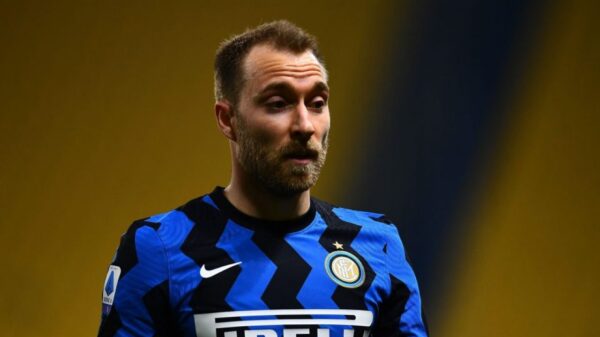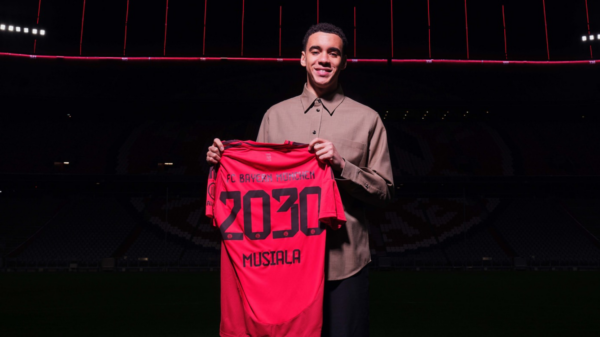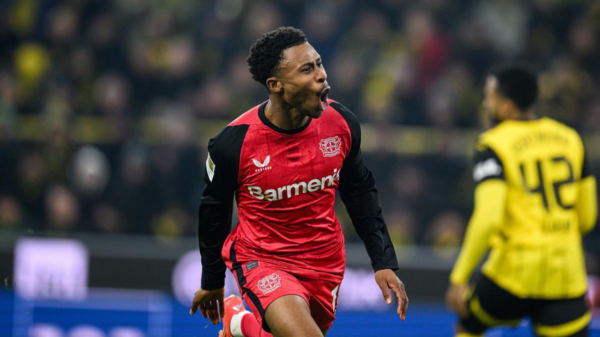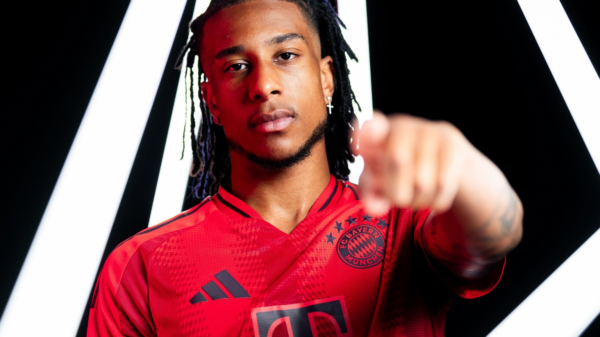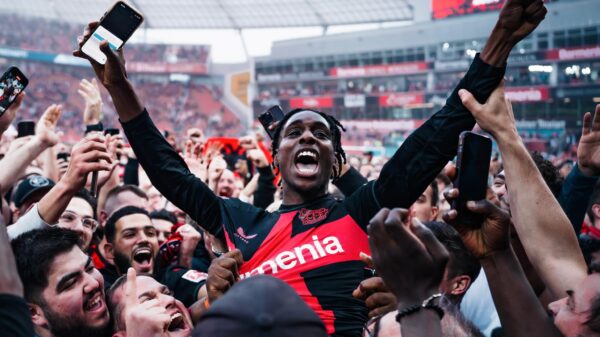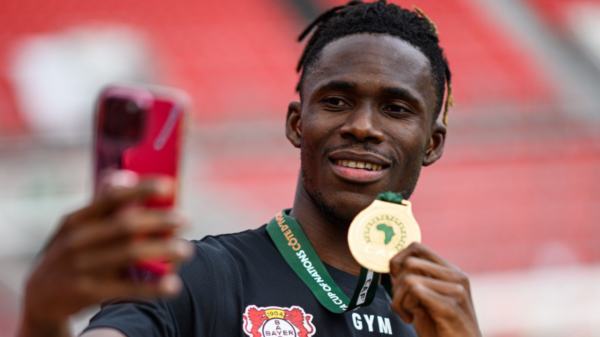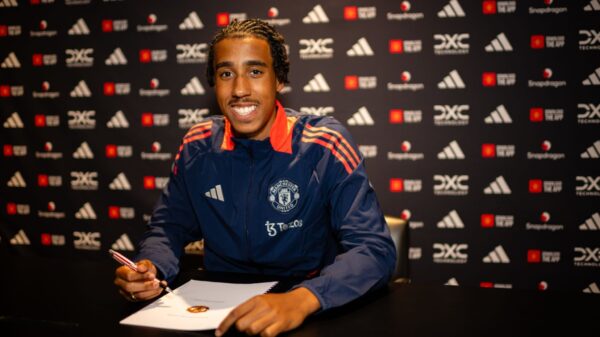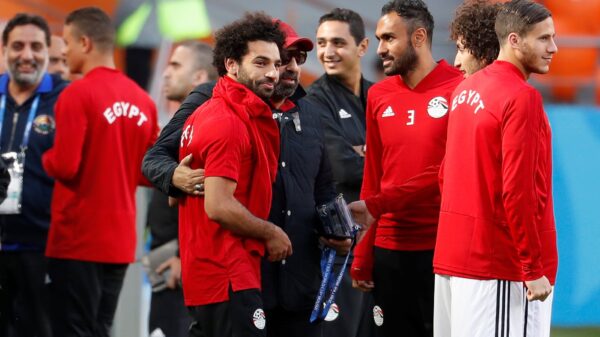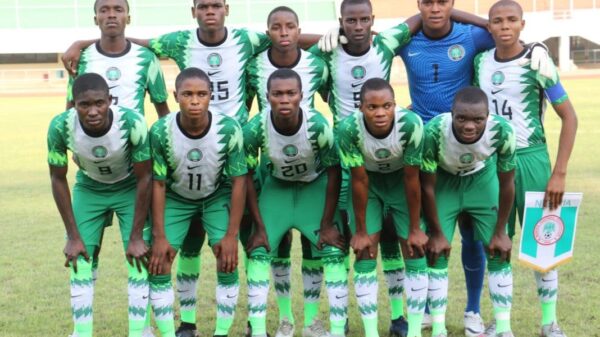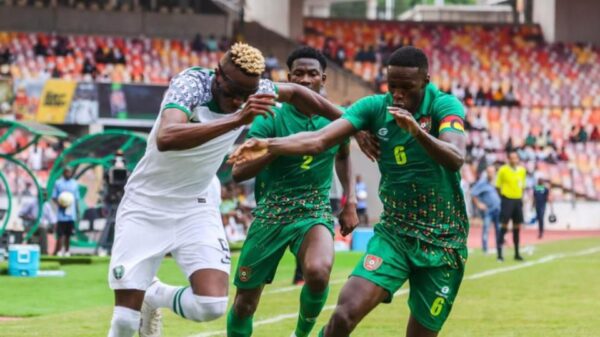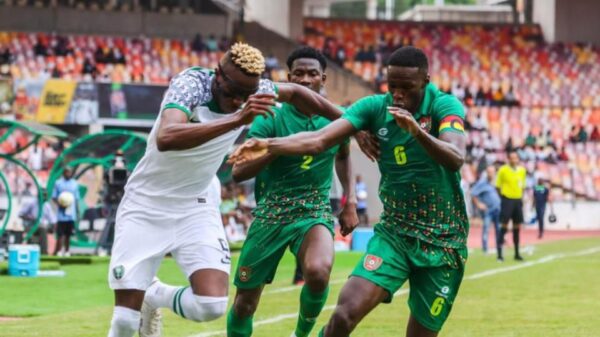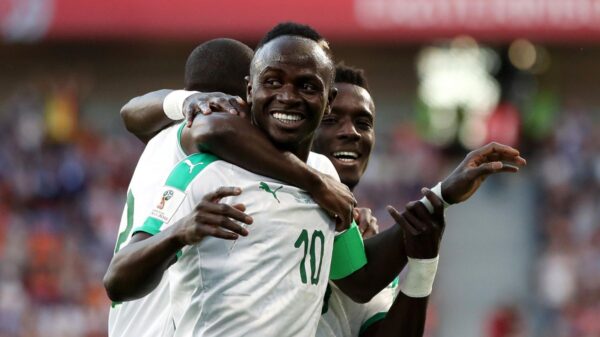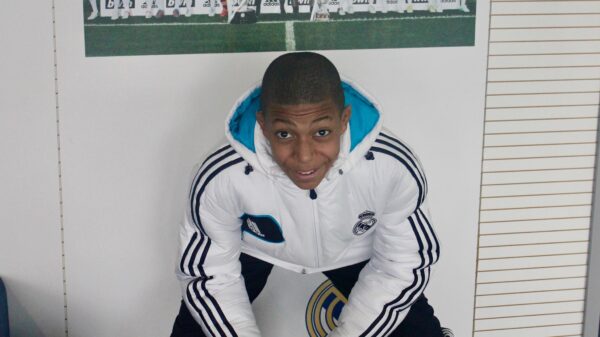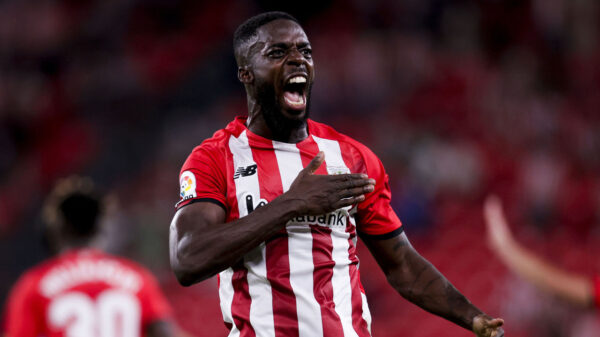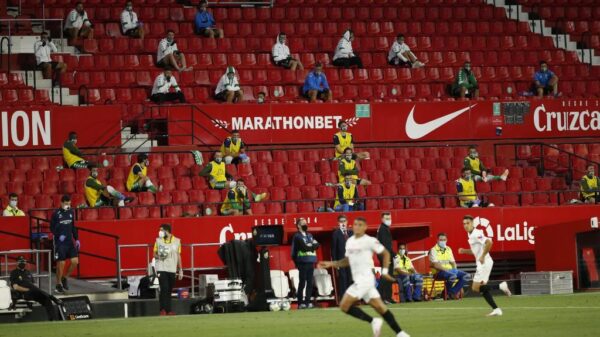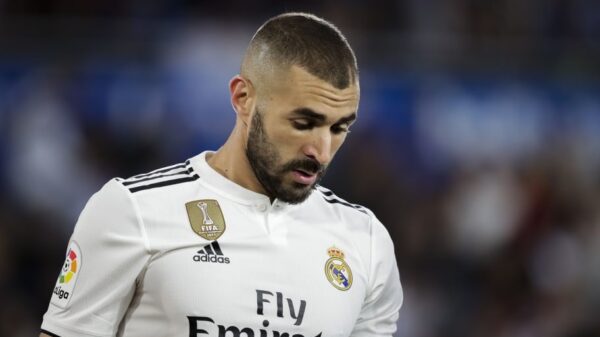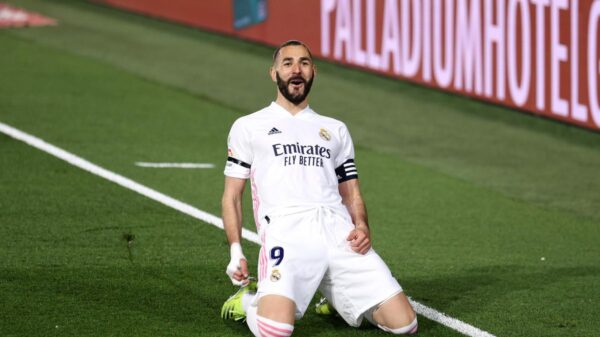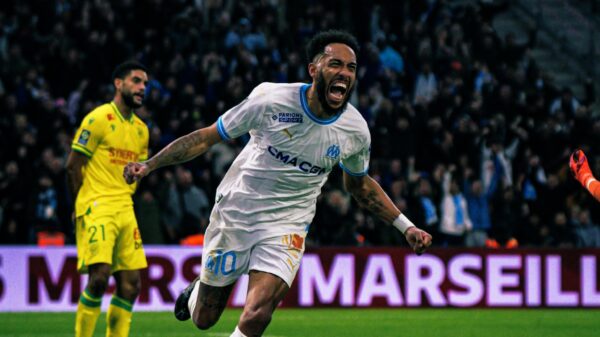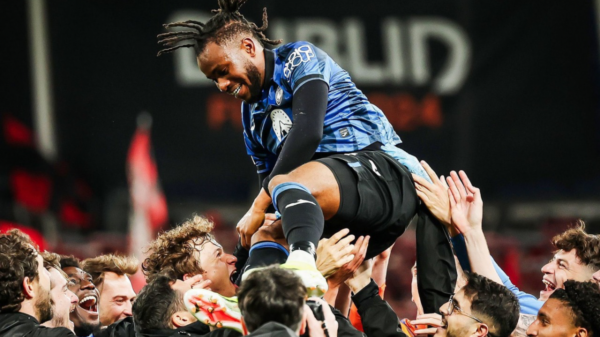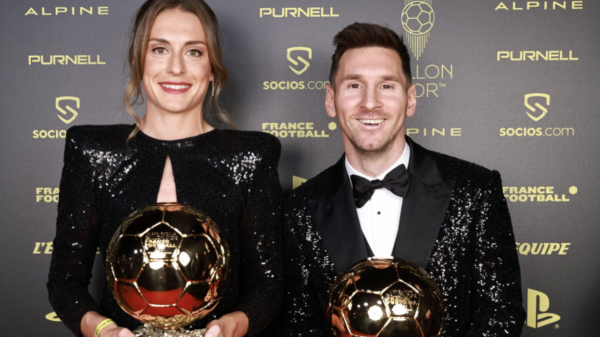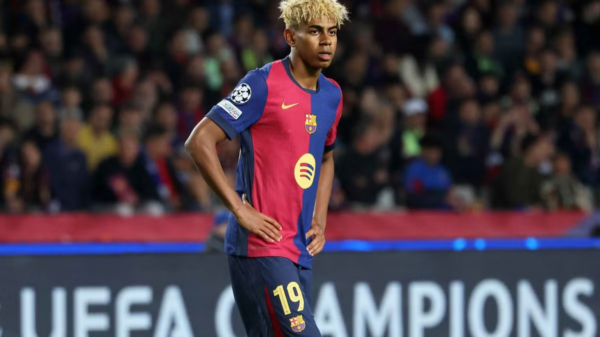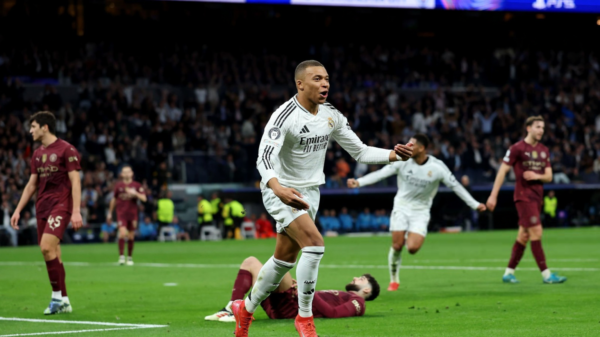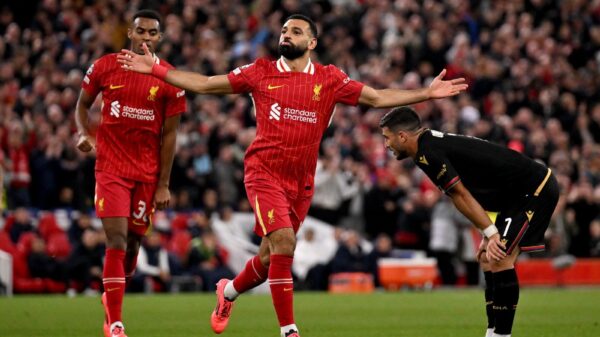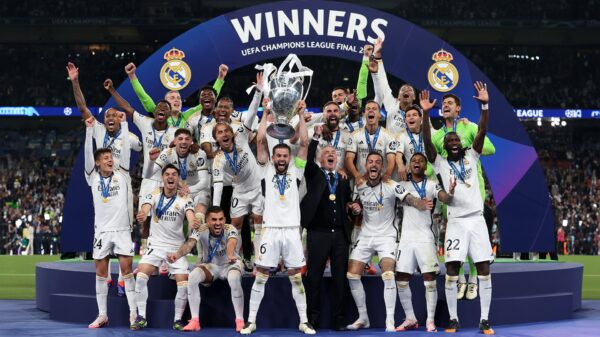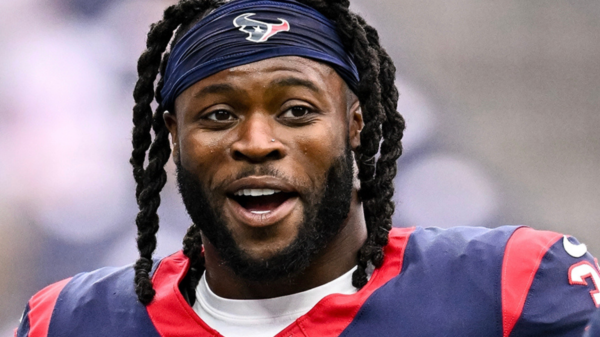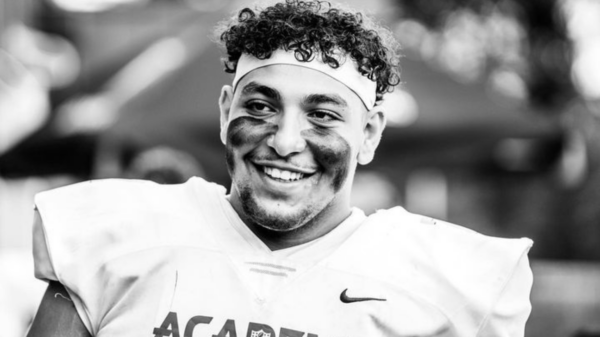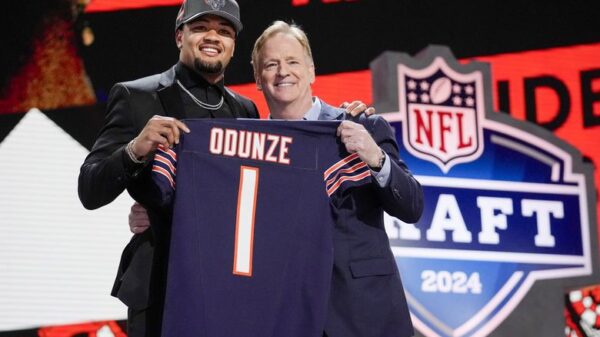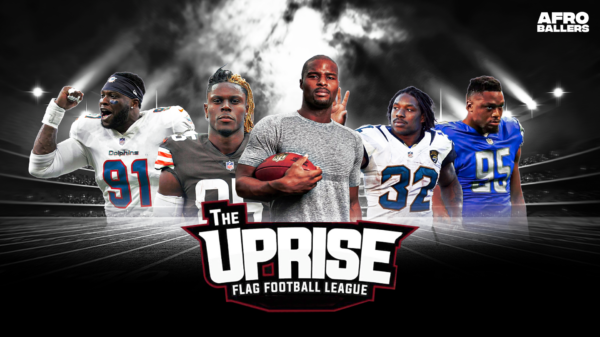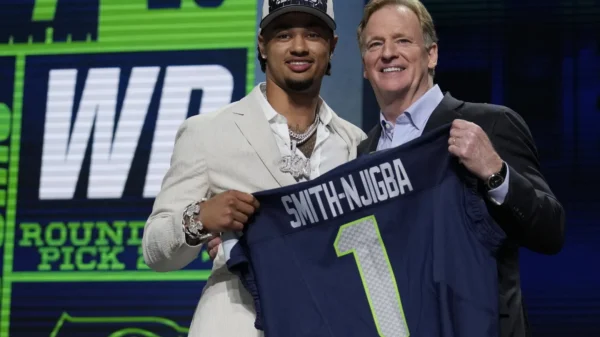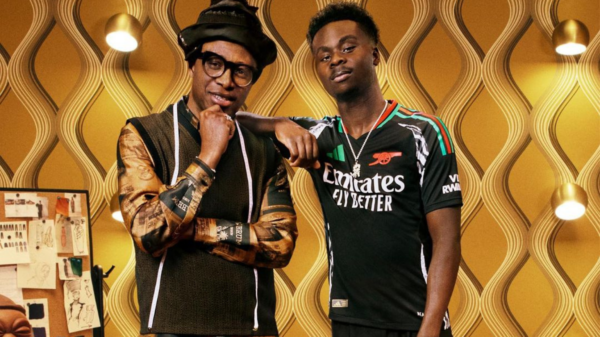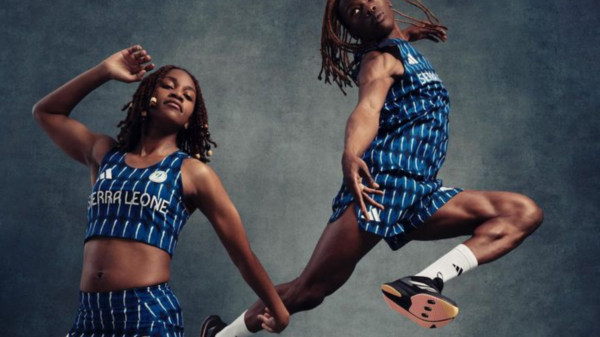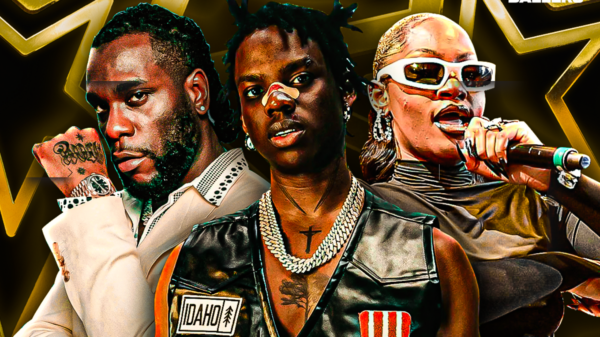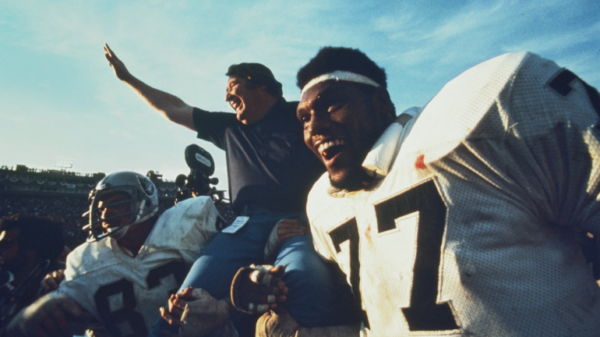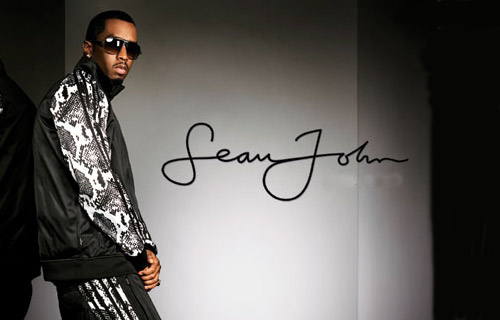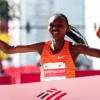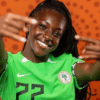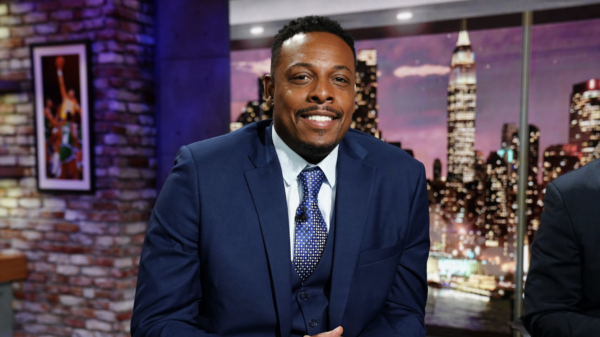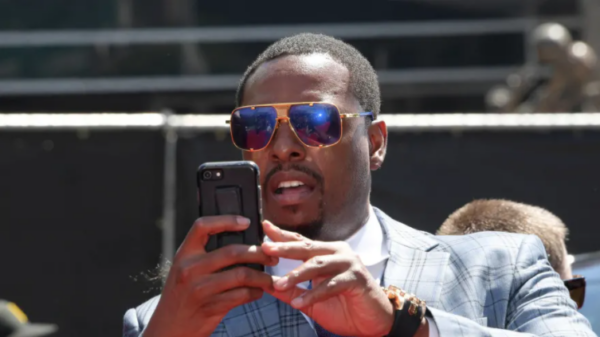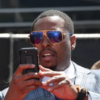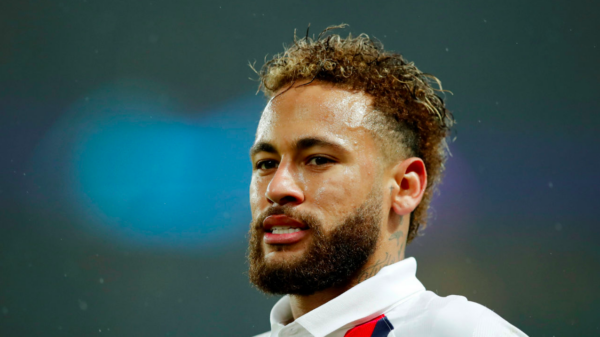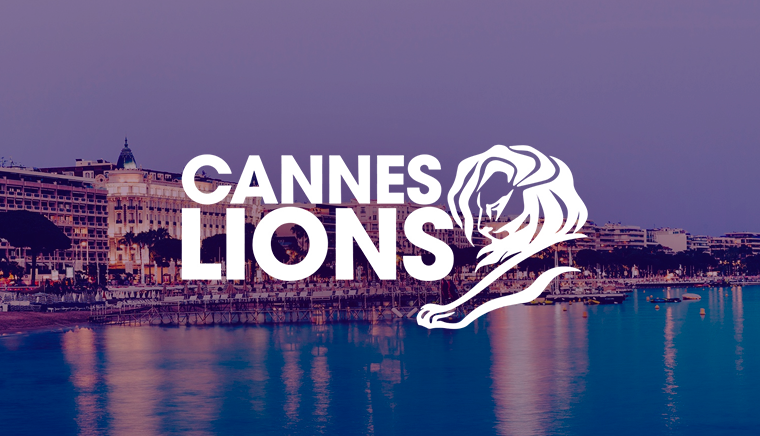
Setting the Stage – African Excellence on the Riviera
This year’s Cannes Lions International Festival of Creativity felt different – in the best way possible. From the French Riviera, a confident wave of African creativity made its presence felt. What was once a largely Euro-American showpiece is now seeing a pan-African surge in talent, voice, and influence. In 2024, African creatives were not on the sidelines; they were scoring wins and changing the global creative game. South African agencies alone collected 20 Lions, including four Gold, ten Silver, three Bronze, two Grand Prix and even a coveted Titanium Lion . It’s a haul that had the continent buzzing with pride, proving that African agencies can stand toe-to-toe with the world’s best in advertising.
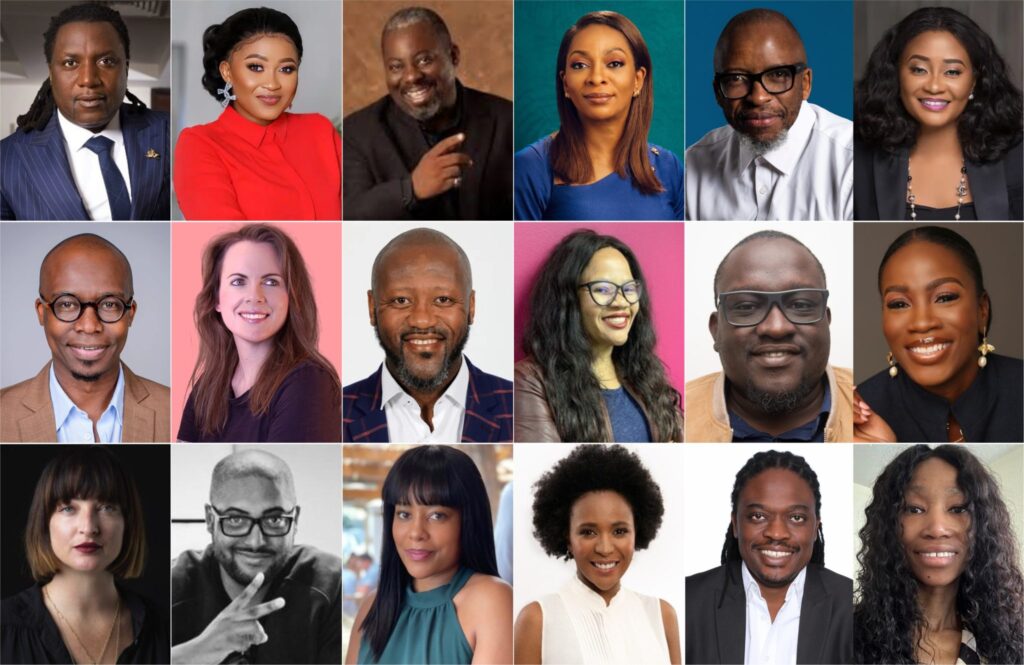
Image: Cannes Lions 2024 jury members from Africa, including Nigeria’s Steve Babaeko and Kenya’s Emuron Alemu, pose together during the festival.
But it wasn’t just about trophies. African representation hit an all-time high at Cannes Lions 2024. For the first time, countries like Ghana had official representation at the festival , signaling the arrival of new voices on the global stage. African creatives were not only entering work; they were shaping the conversation. A South African marketing leader, Andisa Ntsubane, served as a Jury President for the Creative B2B category – a groundbreaking first . Meanwhile, industry heavyweights like Steve Babaeko of Nigeria and Emuron Alemu of Kenya sat on juries, bringing much-needed diverse perspectives to the judging rooms . Their presence wasn’t token; it was transformative, ensuring that work rooted in African experiences got a fair look. “We’re delighted to have a balance and breadth of expertise and global representation across our Juries,” noted Simon Cook, the festival’s CEO, emphasizing how vital these perspectives are .
African Creatives Claiming the Spotlight
If anyone still doubted Africa’s creative excellence, Cannes Lions 2024 put those doubts to rest. South Africa’s agencies led the charge, with standout campaigns that melded local insight with global appeal. One example is VML Johannesburg’s “Thanks for Coke-Creating” for Coca-Cola, a campaign so creatively sharp that it won Gold by tapping into social collaboration and cultural insight . From print to brand storytelling, it showed how African teams can refresh the world – literally – through big brand ideas. Another Silver-winning effort, “Stronger” for The Riky Rick Foundation, honored the legacy of a beloved South African musician through purpose-driven influencer marketing , underscoring how African creatives infuse cultural authenticity into campaigns. These wins are more than just metal on a shelf; they signal that African agencies are mastering the craft in ways that resonate beyond their borders.
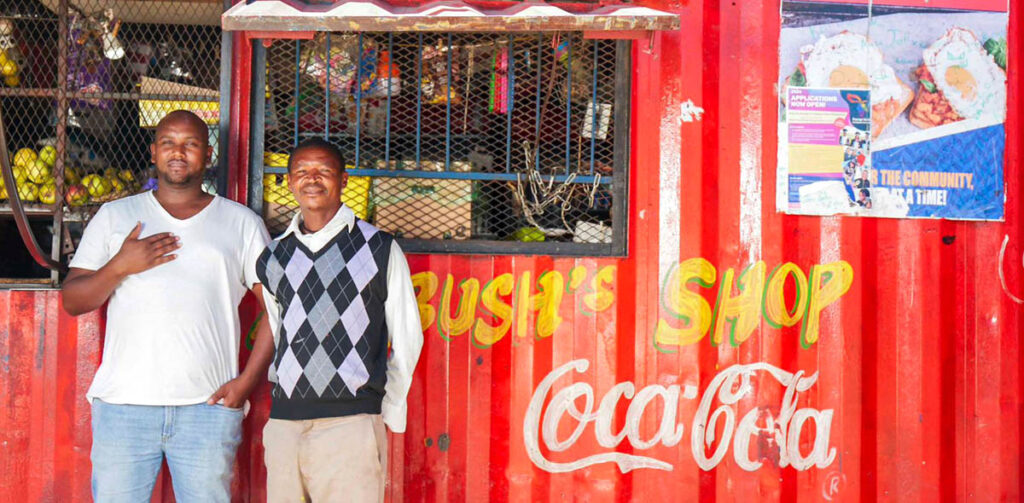
Crucially, African creatives weren’t just winning awards – they were owning the narrative. On stage and in panel discussions, African voices spoke up about the power of creativity to drive change. At seminars (many organized by initiatives like Black at Cannes), attendees heard passionate calls to elevate Black and African talent in advertising . The Black at Cannes community, led by trailblazers such as Osas Ukhurebor, hosted vibrant sessions focused on amplifying Black excellence in the industry . There was an electric sense of mission in the air. As British-Nigerian entrepreneur Cephas Williams put it bluntly, “We need to be in the room” . His organization, The Black Network, brought over 70 Black creatives to Cannes last year and continued to push in 2024, ensuring that young Black talent could access the same networking and learning opportunities as anyone else. This culturally fluent, change-maker energy is exactly the vibe Afroballers champions. It’s about claiming space and rewriting the playbook, and in Cannes 2024, African creatives did just that.
When Sports and Storytelling Converged
Cannes Lions 2024 wasn’t only a win for African agencies – it was also a celebration of sports culture and how our stories are told through the games we love. At the intersection of sport and creativity, African and diaspora narratives shone brightly. A prime example was the Xbox “Everyday Tactician” campaign, a show-stopping idea that turned a football video game into real-life opportunity. Co-created by a Johannesburg agency (Clockwork) with partners in London, this campaign literally bridged esports and actual sports. How? By using the popular Football Manager 2024 game as a recruitment tool for a real football club. The campaign promised to give one skilled gamer a chance to live out their dream as a professional club tactician – and it delivered. 23-year-old Nathan Owolabi emerged as the lucky candidate, landing a role on the coaching staff of London’s Bromley FC after proving his genius in the game . His journey was captured in a documentary series by TNT Sports and Xbox, blurring the line between virtual and reality in a way we’d never seen before.
(Image: Screenshot from “The Everyday Tactician” campaign – gamer-turned-coach Nathan Owolabi strategizing with Bromley FC players on the pitch.)
The impact of “The Everyday Tactician” was massive. Festival-goers were buzzing about this feel-good story of a gamer leveling up to the pro leagues. It wasn’t just a gimmick; it was a statement on talent and opportunity. The campaign swept the awards, winning two Grand Prix and even a Titanium Lion – making it one of the most awarded campaigns of the year . More importantly, it put a Black British talent at the center of a global story. “A year ago, Nathan was working as a tour guide at Wembley. This May, he lifted a trophy at Wembley as a full-time member of Bromley’s staff,” shared Xbox’s marketing lead, marveling at the journey . For Afroballers and our audience, this hits home: it’s the ultimate sports Cinderella story, powered by creativity. It tells every young African or diasporan gamer that their passion can open unexpected doors. And it highlights how brands can tap into sports as cultural currency – respecting the fact that for many of us, football isn’t just a game, it’s life and community.
Sports storytelling didn’t stop there. Cannes Lions also saw the premiere of “The Right to Race,” a powerful short film by Swiss sportswear brand On that put a refugee athlete’s story front and center . This documentary follows Dominic Lokinyomo Lobalu, a long-distance runner born in South Sudan and now living in Switzerland, as he fights for his place on the world stage. Lobalu is blazing fast – an elite talent – yet as a stateless refugee he’s barred from competing for any country . The film, debuted on World Refugee Day at Cannes 2024, struck a chord with its probing of identity and belonging: What does it mean to have an identity – not just as an athlete but as a human? . In the audience, you could see tears, applause, and deep reflection. The story celebrates the unwavering grit of a man chasing his dream against all odds, and it challenges sports federations to reconsider archaic rules. “The Right to Race” amplified a narrative familiar to many Africans: talent is evenly distributed, but opportunity is not. By showcasing Lobalu’s quest to be recognized and to represent a nation, the campaign elevated a conversation about representation in sports that felt incredibly relevant. The film’s premiere at Cannes (and simultaneous broadcast in 53 countries) gave it global attention , proving the festival isn’t just about ads – it’s about storytelling that can inspire social change. For a platform like Afroballers, which lives at the nexus of sports and culture, moments like these are pure gold: they validate our belief that sports stories are human stories, and African human stories matter on the world stage.
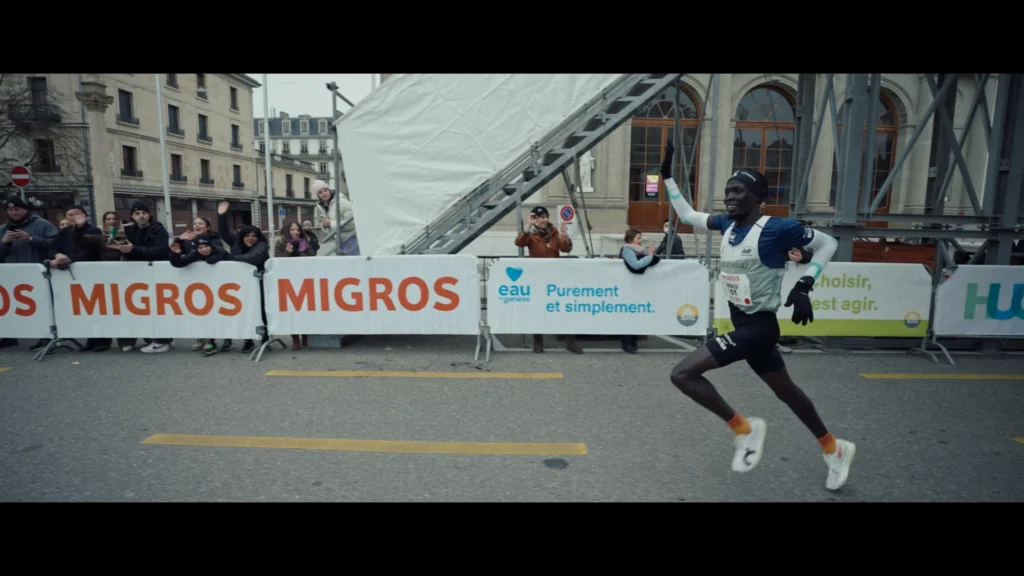
Image: Still from “The Right to Race” – Dominic Lobalu
Pan-African Pride and the Road Ahead
By the festival’s end, one thing was clear: African creativity has arrived, and it’s here to stay. From Nairobi to Lagos, Johannesburg to Accra, a generation of creatives is stepping onto the global field with fresh ideas, fearless voices, and a swag that says we deserve to be here. The broader cultural significance of this moment can’t be overstated. It means young African storytellers can look at the Cannes Lions stage and see themselves – see role models who speak like them, look like them, and understand where they come from. Whether it’s an agency in Cape Town crafting a campaign that wins international acclaim, or a Sierra Leonean-British gamer turning heads in European football, these stories fuel the dreams of countless others back home. It’s representation in its truest form.
The presence of African and Black creatives at Cannes also pushes the industry itself to evolve. Conversations about diversity and inclusion felt more urgent and authentic. In one discussion, leaders from around the world – including Nigeria’s Steve Babaeko – urged the ad community to “stay the course” on diversity and keep opening doors . That global platform validating African perspectives is huge. It’s a sign that the creative world is waking up to a simple truth: great ideas can come from anywhere – and often, the most game-changing ones are born from the cultures and challenges that African people know intimately.
As we reflect on Cannes Lions 2024 through a youthful, Afrocentric lens, there’s a lot to celebrate. African agencies are not begging for a seat at the table; they’re building new tables. Sports, our continental passion, has become a canvas for storytelling that carries our identities and aspirations to the world. And perhaps most importantly, a new generation is watching all of this, realizing that their stories belong on the global stage. The festival may be over, but the momentum is just beginning. In the spirit of Afroballers’ confident and culturally rooted voice: Africa showed up and showed out at Cannes Lions 2024. The creative world better be ready – because the Lion has truly awakened, and it’s roaring with the sound of African excellence .

